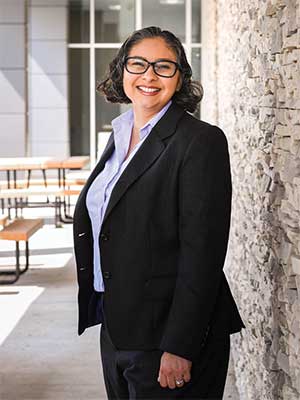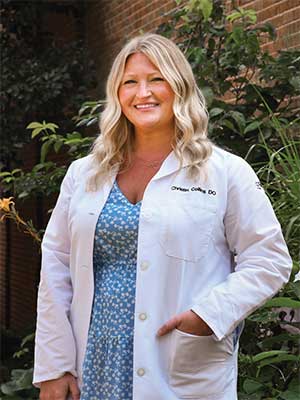

These experts are paving the way in breast cancer detection, prevention and treatment.

Medical Oncologist
Alliance Cancer Specialists
What new developments in breast cancer treatment are you excited about? There is now a large emphasis on specific targeted therapies for all stages of breast cancer which allows me to have an extremely personalized treatment approach for my patients. This optimizes outcomes and reduces toxicities. For example, a recent additional treatment option is the PARP inhibitor Olaparib, which extends disease-free survival in high-risk, early-stage breast cancer patients with germline BRCA1/2 mutations. The use of CD4/6 inhibitors in early and late stages of breast cancer is another exciting area. De-escalating axillary lymph nodal surgery continues to evolve and we are now using innovative ideas such as artificial intelligence in cancer diagnosis.

Medical Oncologist and Hematologist & Medical Oncologist
Consultants in Medical Oncology and Hematology
What excites you most about advances in breast cancer treatment? NC: In many ways, the field of breast cancer has been the frontier in personalized cancer treatment. We have been pioneers in targeted therapy, and now we are integrating immunotherapy into our treatment paradigm. We also continue to improve on our traditional chemo and hormonal therapies. It’s a testament to clinical research-and all of the brave women participating in it-that led us here. LA: Over time, we’ve come to understand that breast cancer is not this monolithic disease treated in a single way; it’s a collection of diseases. So as we learn more about the molecular underpinnings of breast cancer, we understand what drives them, and how to effectively treat them. There are different types, and each is treated differently, through various combinations of chemotherapy, immunotherapy, and endocrine therapy.

Medical Director of Breast Program and Chief of Breast Surgery
Crozer Health
What drew you to breast surgical oncology as a specialty? The patients and the team-based approach. There is something truly rewarding about being with patients from their diagnosis to their survivorship years. It is a journey we take together. I found my calling into breast surgical oncology when I realized I spent my few free hours during training working with breast cancer patients and performing breast cancer research. After that, this has always been a passion and not a job. Growing up playing soccer and eventually becoming the inaugural gaol-keeper for the University of Nevada, Reno division one women’s soccer team, teamwork has always played an important role in my life. Breast cancer treatment is a team approach. I am fortunate to have found a career that combines my passion for patients and my love of teamwork.

Breast Surgical Oncologist
Einstein Medical Center Philadelphia
What drew you to focusing on breast diseases? My initial exposure was when a friend’s mom was battling stage 4 breast cancer while we were in medical school. I had never witnessed advanced stages of cancer before. As I progressed through my surgical residency, a friend was diagnosed with breast cancer at age 25, and she reached out to me for guidance. This ignited my quest for knowledge related to breast cancer and women’s health.